Sometimes even the allure of a burgeoning teen idol-turned-subsequent Hollywood heavy-hitter isn’t enough to bolster the box office performance of a film, however decent it is. This Boy’s Life marked the second US feature of Scottish-born director Michael Caton-Jones, following his warm-hearted Michael J. Fox fish-out-of-water comedy, Doc Hollywood. While that film certainly saw his stock rise as a commercial filmmaker, This Boy’s Life should have been the one to really tip him into the realms of the directorial A-list. Alas, this wasn’t the case. Although receiving some positive reviews at the time – Roger Ebert wrote that the film was “very involving” and “that I was reminded of the angers and wounds of my own childhood” – This Boy’s Life performed pretty dismally at the box office, managing an extremely flimsy domestic total of $4.1m.
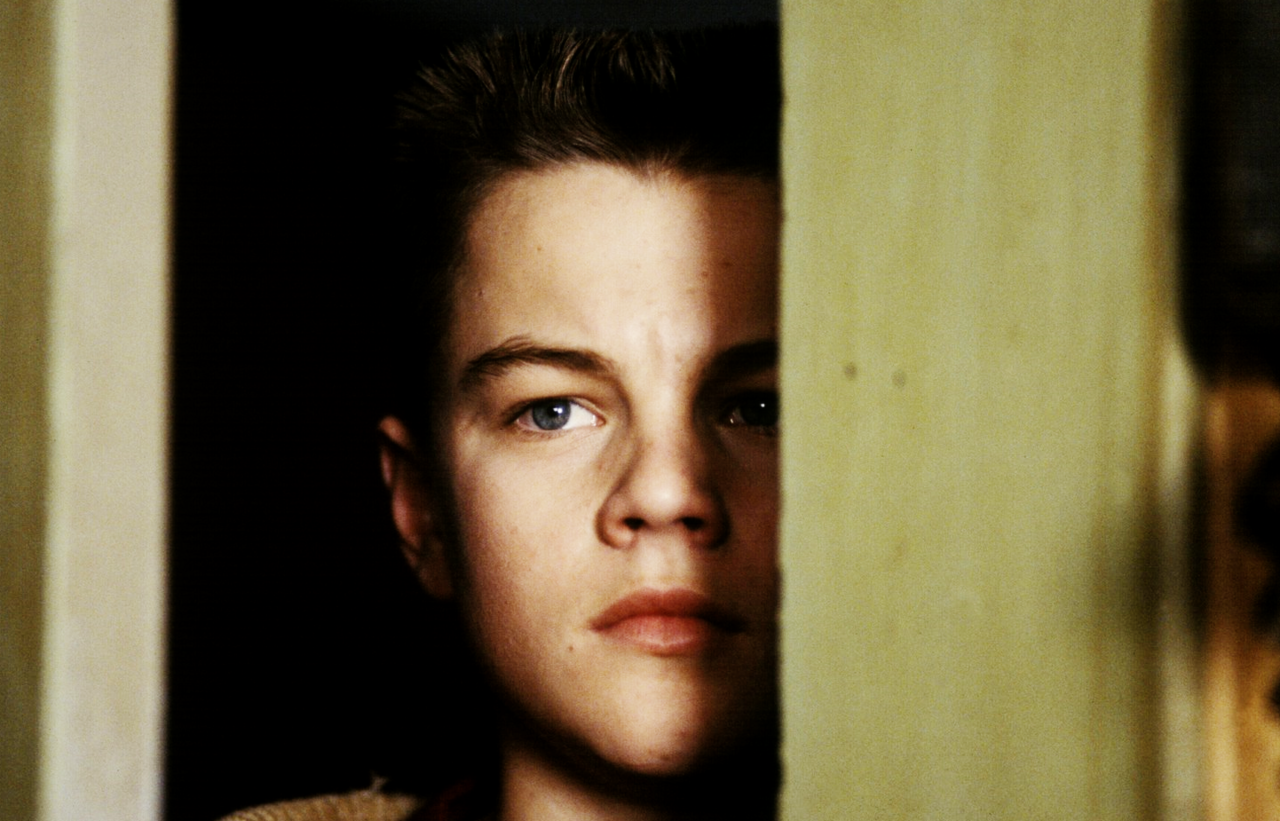
Admittedly, this was three years before Romeo + Juliet set Leonardo DiCaprio on his meteoric rise to the top (solidified by Titanic a year later) but even This Boy’s Life, a film which sees the actor in lovingly rebellious mode – he even sports a cool Elvis-esque quiff at midpoint – wasn’t enough to entice the already developing mini-legion of DiCaprio devotees to the cinema. But it was both theirs and the general cinema-going audiences’ loss at the time, as the film was (and remains) a poignant and beautifully-observed coming-of-age yarn, completely deserving of a place somewhere amongst those other period genre greats like Stand By Me and A Bronx Tale.
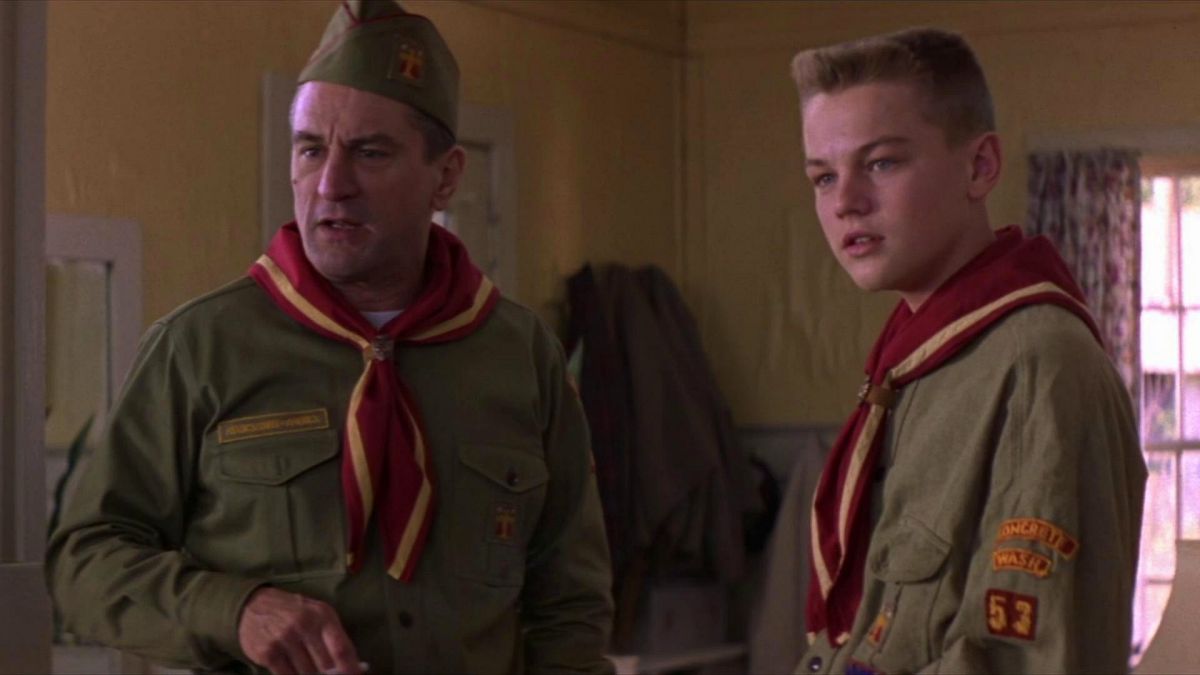
An adaptation of novelist Tobias Wolff’s memoirs, the then 19 year-old DiCaprio plays the author’s alter-ego Toby – a school-aged teenager in the late 1950s who forever finds himself moving from state to state with his flighty, yet loving mother Caroline (Ellen Barkin), as she strives to find a decent man with whom she can have a stable relationship with and who will provide a more permanent home for herself and her increasingly exasperated son. Finally believing she may have chanced upon the one with new suitor Dwight (Robert De Niro), it’s only after his mother’s marriage that Toby recognises his new step-father is a domineering and belligerent bully. Soon Dwight has enrolled the tearaway Toby in the Boy Scouts of America and has him up at the crack of dawn to do a punishing paper round in a forcible attempt to bring some discipline into his life.
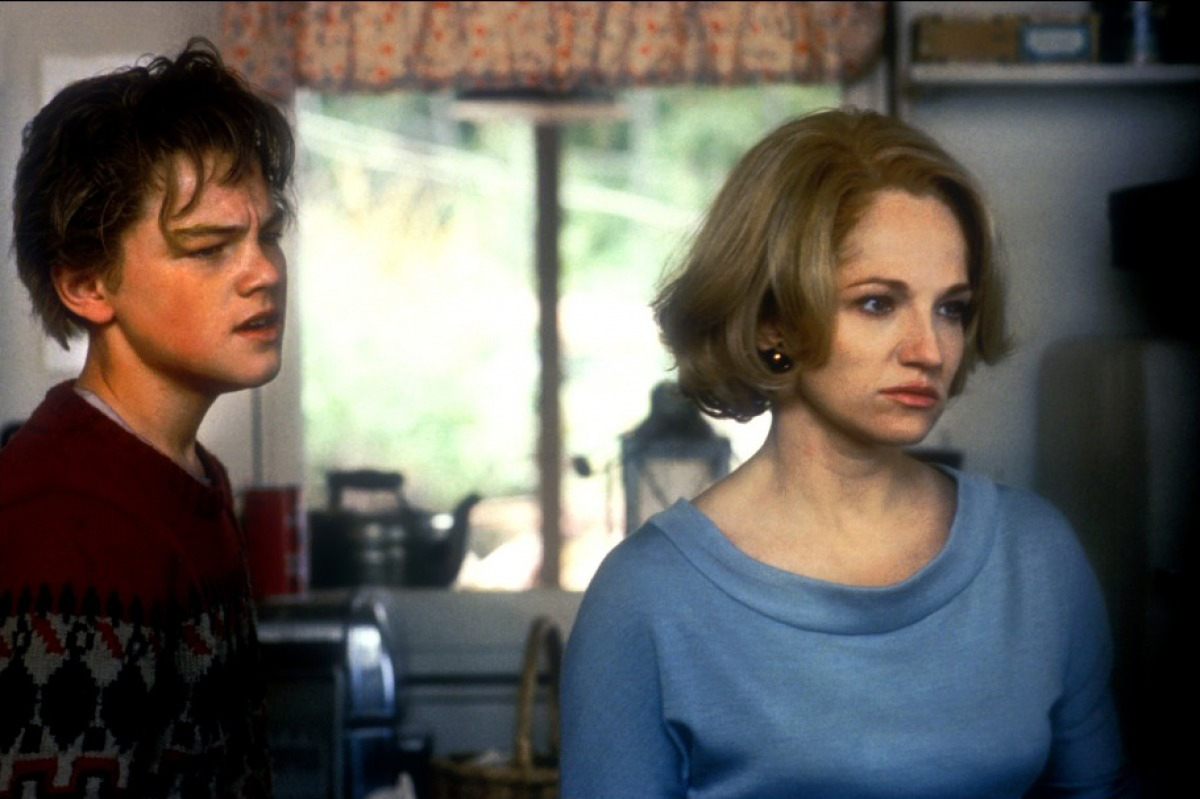
In his first starring role, DiCaprio is terrific as the rebellious teen forced to suddenly adapt and adhere to the idea of that perfect all-American nuclear family of the film’s era setting. It’s clear from the outset that with his greaser-like appearance and unruly attitude, Toby is in need of some fatherly guidance – his real papa and older brother are pretty much out of the picture. But owing largely to DiCaprio’s finely-calibrated turn, we’re still hugely sympathetic to Toby’s plight as the film progresses and his once carefree world is suddenly taken from him by Dwight’s staunchly authoritarian ways. If De Niro occasionally cranks it up a little too far, he’s still a frightening and unpredictable presence. When the usually supportive Caroline becomes much more mild and subservient herself (the great Barkin handles this shift really well) Toby is somewhat alone and adrift in his battles.
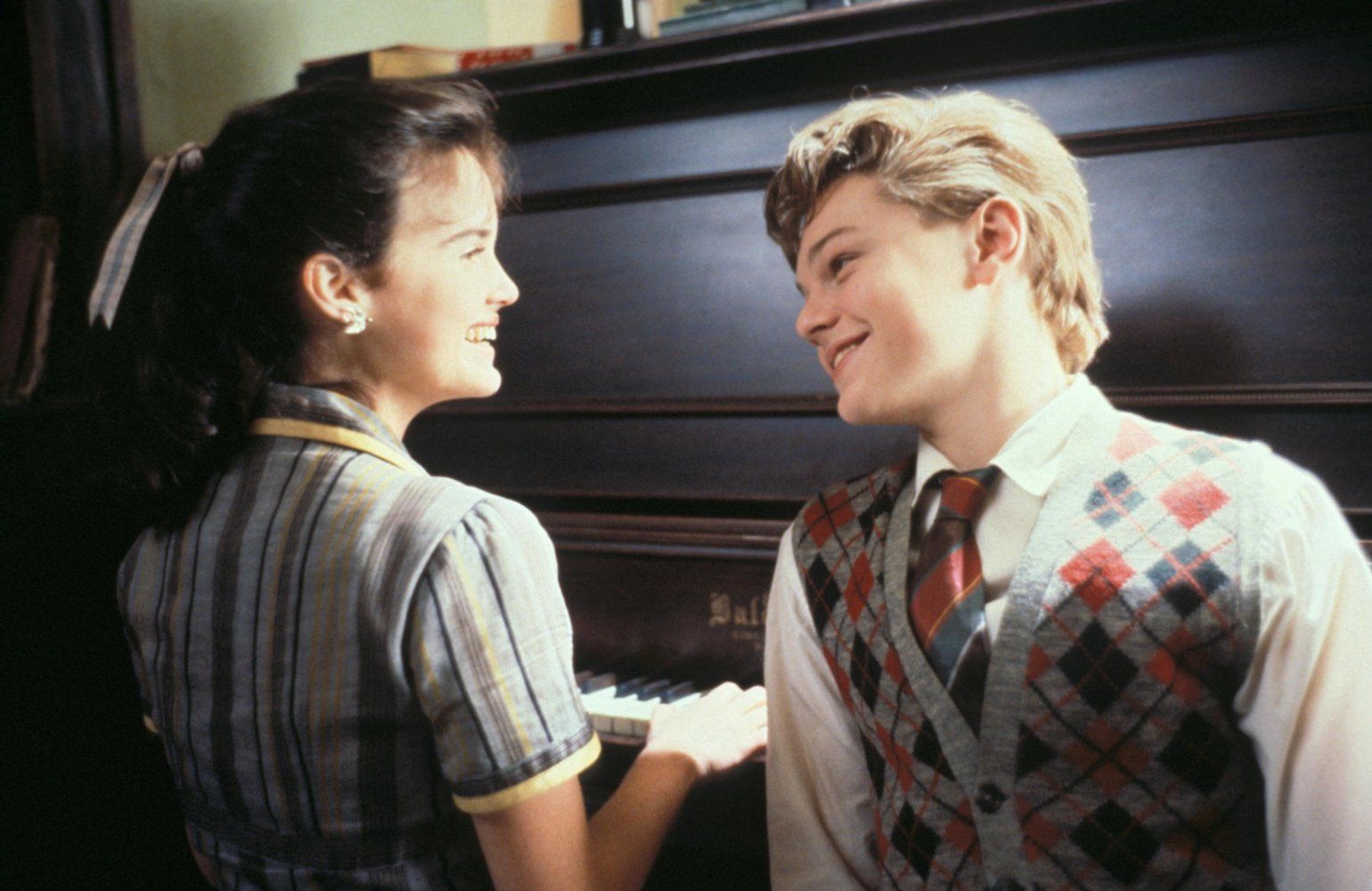
While the above might immediately conjure up a largely oppressive tale, bereft of much in the way of levity – a perception which might have initially hurt the film’s box office – this really isn’t the case. Caton-Jones is at pains not to turn Wolff’s trials into dour cinematic miserablism, and instead pushes away the pathos and focuses on the central character’s realisation that not only does he need to escape Dwight’s grip, but that he should also strive to better himself as an individual and cast off his impish, destructive behaviour. The film occasionally touches on the more unsavoury aspects of masculinity and patriarchy yet never once feels heavy-handed in those moments, and remains a resolutely uplifting rites of passage exploration. Aided by a gorgeous and uplifting score by Coen Bros. regular Carter Burwell – subject of a recent Hot Corn interview – This Boy’s Life is ripe for rediscovery for a new generation of film fans who will hopefully embrace and identify it as the near classic it deserves to seen as.
Watch This Boy’s Life on CHILI


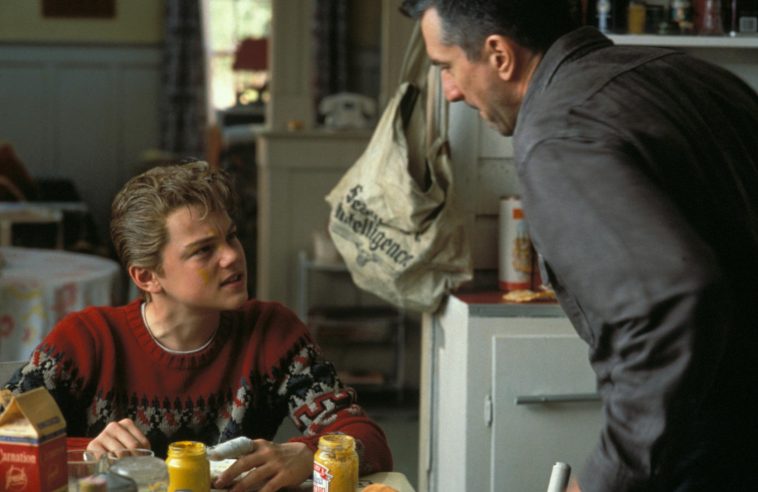





Leave a Comment